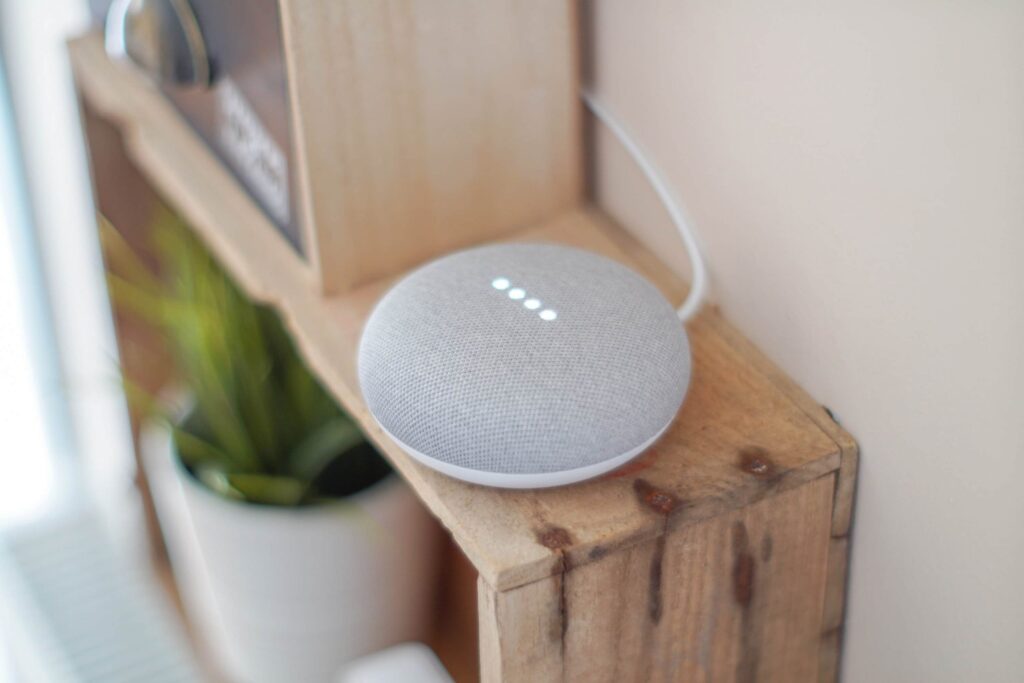
Digital technology plays a bigger part in our lives than we think. From simple messenger apps to smart home features, we use all kinds of digital tech every day. However, for all the amazing things we can do with the technology, we sacrifice some serious data in return.
Our lives are ultimately controlled by data we produce. This doesn’t mean we’re robotically controlled by robots. It simply means our personal data is used (often secretly) to sway aspects of our life.
The use of data is more than creepy ad targeting, it’s often a violation of privacy. Consider Amazon’s recipe for a smart home, complete with remotely controlled lights. The all-in-one security system lets you access your home via apps and voice commands. But then Amazon collects your activity data for who knows what.
Amazon has even launched a more intimate delivery system that only opens your door (or garage) for Amazon packages. Alarmed about letting a stranger into your empty home? Don’t worry! Amazon sells smart locks you need to purchase for security that just happens to run on digital data.
Don’t ignore the data
Despite the advent of data based technology, laws and policies have struggled to keep up with setting boundaries for unethical use of consumer data. We haven’t even been able to identify the numerous security flaws we face, let alone the ways personal data is used. Global leaders recognize the need for global data governance but have been unable to reach a consensus.
But why is it so difficult to get any regulation? Because data is power and nobody wants to give that up. Governments are looking to create smart cities where people are tracked with facial recognition and geolocation. Companies want the ultimate competitive edge over the market, disregarding customer privacy.

The foundation to building power is your personal data. And in both scenarios, your identity, movements, and habits aren’t protected. We’re not even completely sure When a handful of large companies monopolize business and profit AND our data, we have no control over what happens.
Losing control
As consumers, we’re at the mercy of these tech giants. We use apps and smart devices all the time. Even when we aren’t using them, the technology is still there listening (like Alexa). All that data is then sold to other companies, usually without telling us.
The problem isn’t just about privacy, it’s also about control. If we can’t decide how our personal lives are monitored, what freedom do we have? Our data is so valuable that businesses, and governments are after our livelihoods.
Facebook’s plan to merge 3 major apps (Facebook Messenger, Instagram, WhatsApp) to let customers communicate across channels. But the forecast isn’t good. The EU previously ruled data-sharing between WhatsApp and Facebook Messenger as illegal. Facebook is no stranger to illegal data scandals. Cambridge Analytica, a supposed political consulting firm, illegally obtained data from up to 87 million Facebook users. And until the scandal broke, we were none the wiser. By combining message data from 3 different apps, we can expect higher security risks. So what now?
Demand data
Because we rely so much on technology, we can’t exactly stop the flow of data. People are already distrustful, but it’s not enough to be careful when everything we do is data. One of the most dangerous things about our personal data is that we aren’t educated on how it’s used. How do we stay on top? Don’t give them all the power. They aren’t the only ones with data and analytics capabilities.
